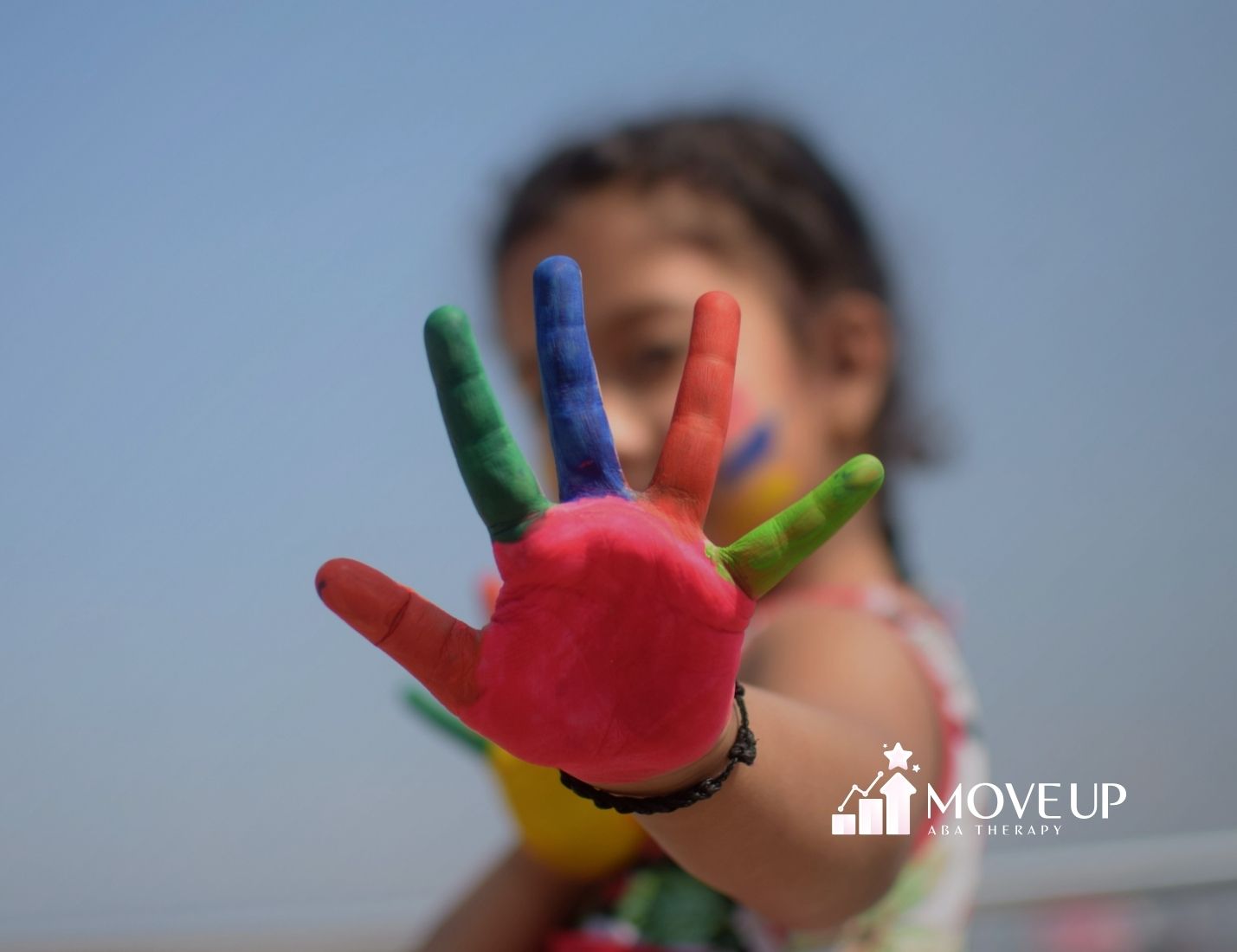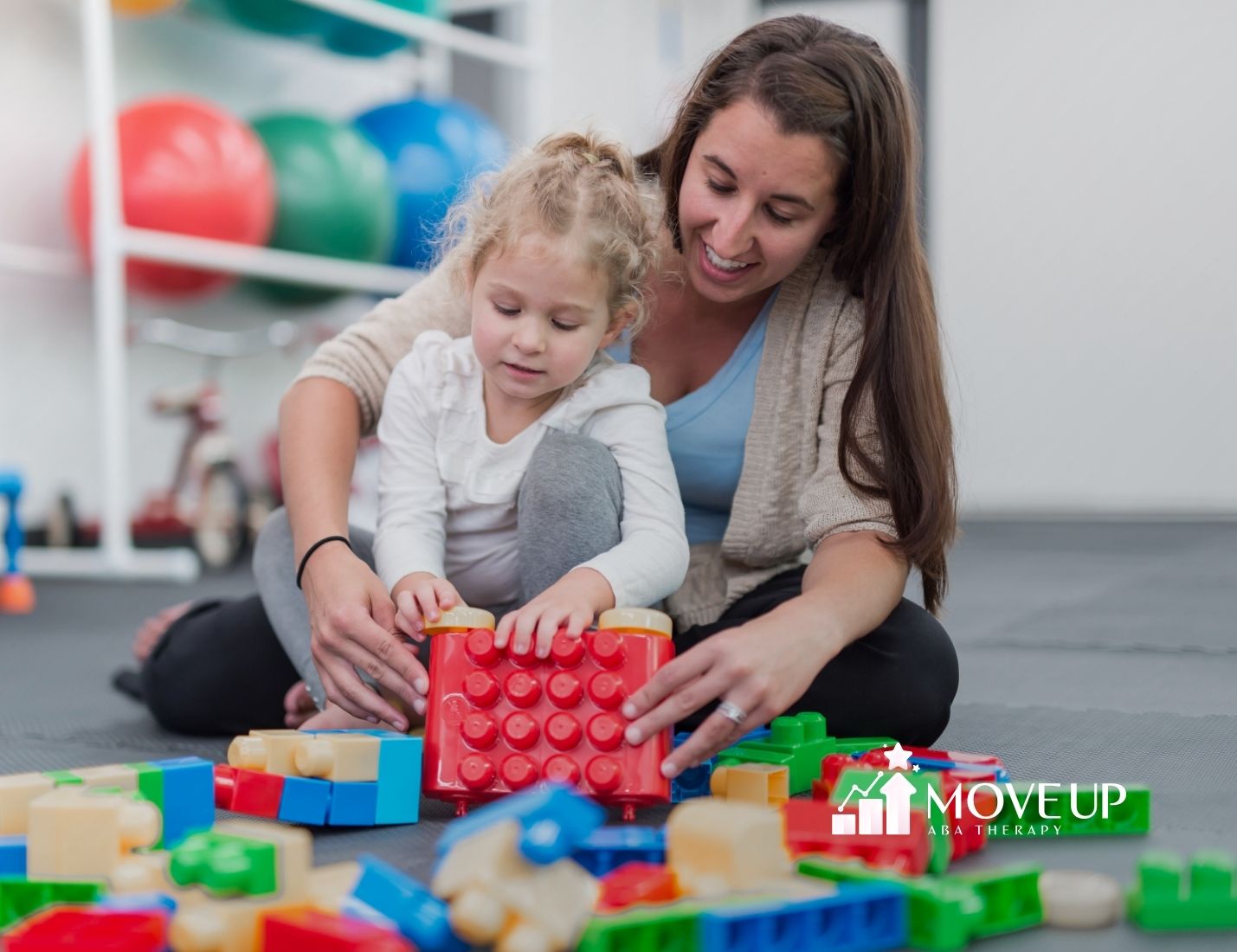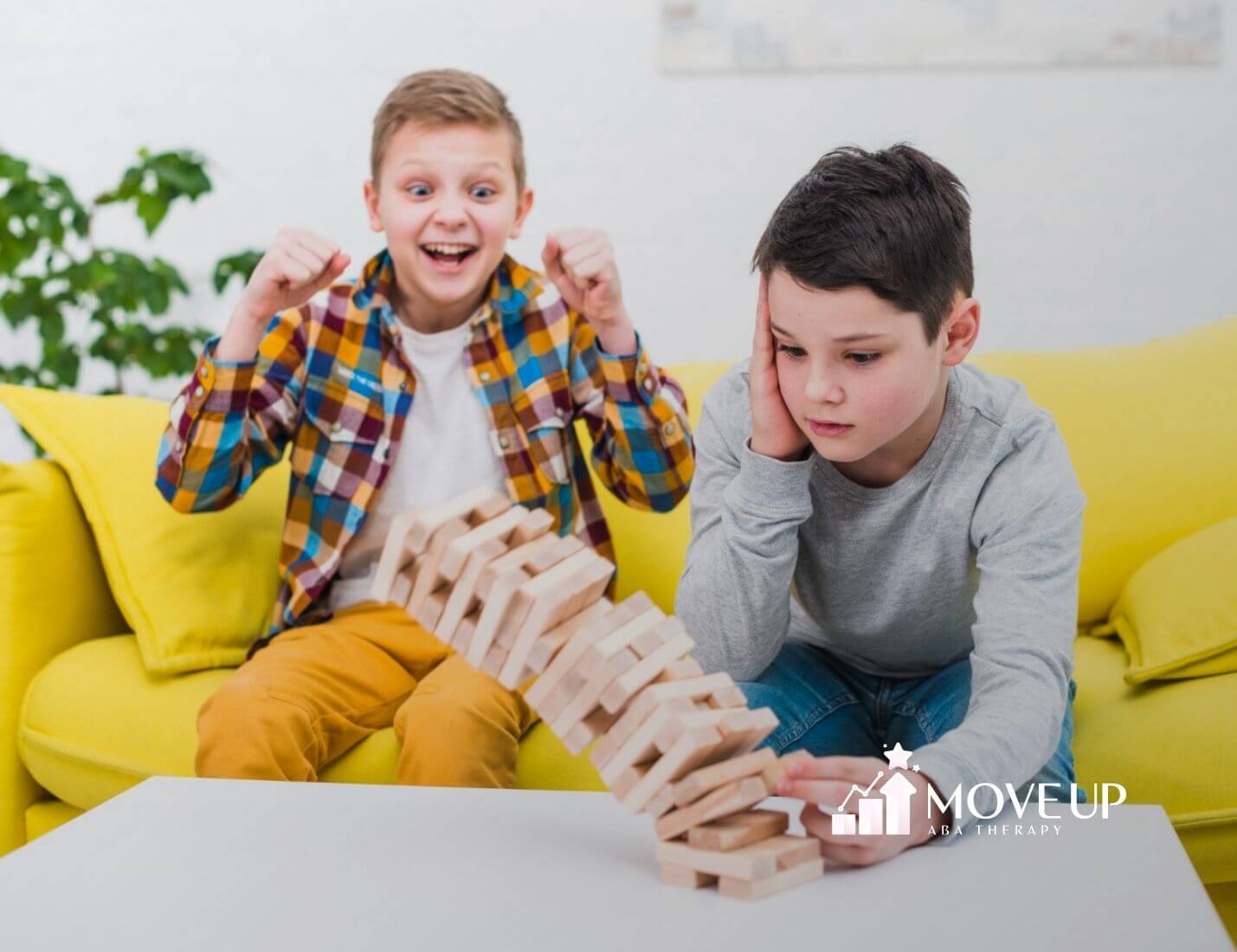The Fourth of July, or Independence Day, is an occasion for families to come together. However, if you’re a parent of a child with autism, it’s important to prepare your autistic child for the month of July. This includes planning for the festivities, as bright lights and loud sounds can overwhelm your child due to their sensitivities.
Continue reading to learn how to enjoy Independence Day while being mindful of and accommodating your child’s needs.
Understanding Your Child’s Needs During Celebrations
For kids with autism, celebrating events can be overwhelming for some individuals who are highly sensitive to their surroundings and prefer routine. Understanding their preferences and planning activities that align with them can make things manageable.
Creating an environment can help them feel secure and at ease. By being mindful of these aspects, we can ensure that your child feels happy on any occasion.
Success Stories
“Move Up ABA has been a lifeline for our family. Before starting therapy, our son struggled with daily routines and communication. Now, he’s more independent and even initiated a conversation with a classmate for the first time! The progress we’ve seen in just six months is truly remarkable.”
- Emily R., Silver Spring, Accountant
“As a single dad, I was overwhelmed trying to manage my child’s behavior. The Move Up ABA team not only provided amazing support for my little girl but also taught me practical strategies to use at home. Their in-home sessions fit perfectly with our busy schedule. I’m so grateful for their patience and expertise.”
- Michael T., Rockville, Middle School Teacher
“We were hesitant about starting ABA therapy, but Move Up ABA’s approach put us at ease from day one. Our twins have made incredible strides in their social skills and self-regulation. The therapists are like extended family now, and we couldn’t be happier with our decision to work with them.”
- Aisha and James L., Simpson, Police Officers
Ready to start your child's journey to success? Schedule a free consultation today! 📞 Call (410) 497-8865.
Recognizing Sensory Sensitivities and Preferences
During occasions like Independence Day, it’s crucial to consider how elements such as lights, loud noises, and crowds may be overwhelming for children with autism. Being aware of your child’s triggers allows you to make adjustments so they can have a good time.
For instance, providing noise-canceling headphones or sunglasses can alleviate their discomfort from the stimuli. Addressing and accommodating these needs enables your child to participate in holiday festivities like everyone else.
Importance of Routine and Predictability for Autistic Children
Children with autism prefer routine and consistency, which helps them navigate their condition within the spectrum. When faced with occasions like the 4th of July, sticking to a plan can offer comfort and prevent them from feeling overwhelmed by the hustle and bustle.
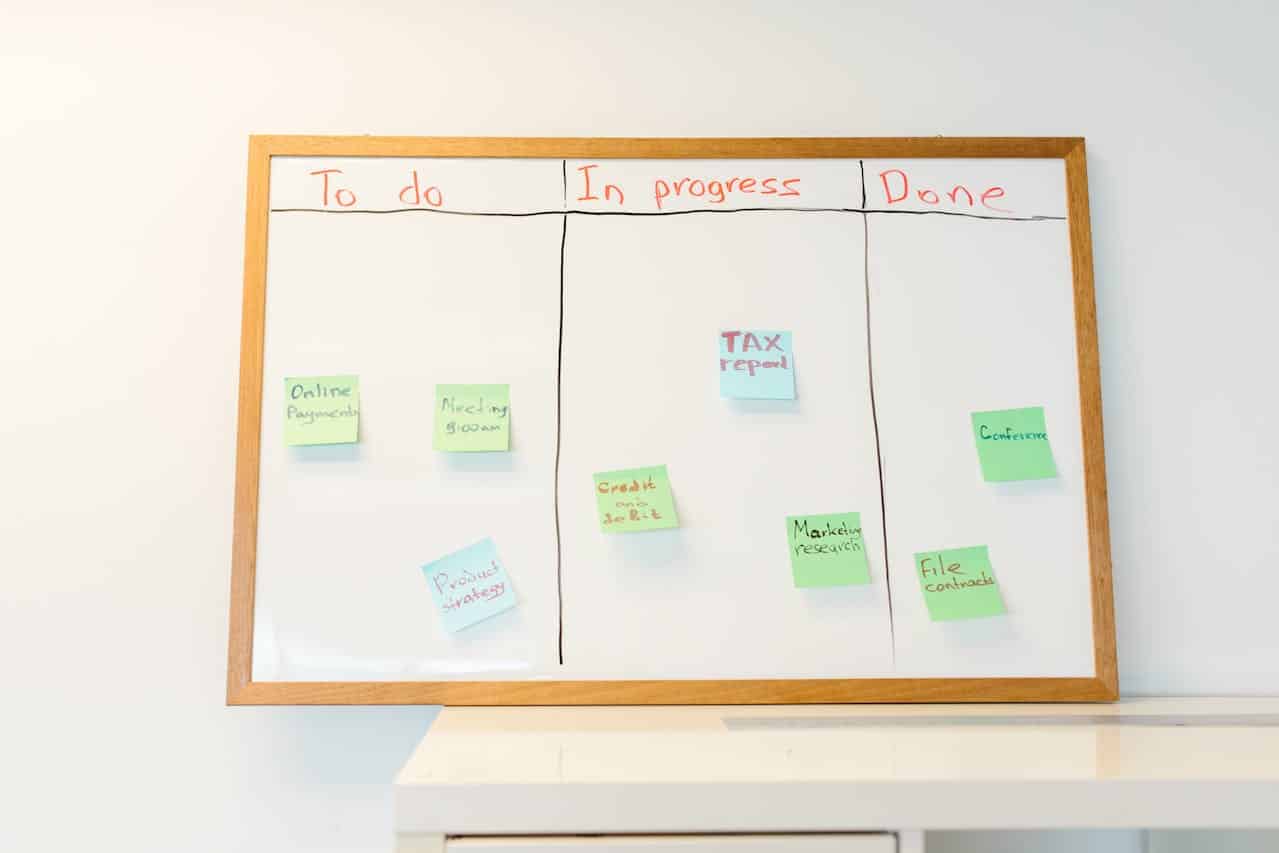
Maintaining meal times and bedtime routines is a powerful tool in your hands. It creates a sense of security for your child, allowing them to anticipate what comes next and transition smoothly between activities without distress.
It’s crucial to anticipate changes and minimize disruptions during festivities or special events to ensure that children with autism can enjoy themselves alongside others.
Preparing for the 4th of July
To ensure your child is comfortable, establish an environment at home or the event venue that is gentle on their senses and avoids triggering sensitivities.
Creating a safe, calm space and following the supervision requirements for RBT can make the day more manageable, ensuring that your child is supported by trained professionals who can help regulate their sensory experiences.
Creating a Calm Space at Home or the Event
Throughout the 4th of July festivities carve out a space for your child whether its in your home or at the celebration venue. Designate a corner away, from lights and loud noises that may overwhelm their senses.
When creating a space, for your child consider adding comforting items like their cozy blanket or noise canceling headphones. This designated area serves as a retreat when things become overwhelming providing an secure environment for them to return to. Prioritizing familiarity and comfort is key in helping your autistic child enjoy the festivities without feeling stressed.
Selecting Autism-Friendly Activities for the Day
When organizing activities for the day take into account your childs preferences and sensory sensitivities.
Opt for locations that’re not overly noisy or crowded to prevent overload. Engaging in play or art projects can promote a sense of tranquility. Incorporating elements that they are familiar with and love can instill a sense of security.
Venturing outdoors for a nature walk or having a picnic can be delightful options. Choosing activities that cater to children with autism ensures that your child has an comfortable experience during Fourth of July celebrations. Remember to prioritize your child well being, throughout the day.
Discussing the Event in Advance with Your Child
Initiating a conversation with your autistic child about the Fourth of July is crucial. This early communication can help them prepare for the day, reduce potential fear, and prevent sensory overload.
Planning is key to ensuring a successful Fourth of July for your autistic child. Using stories or pictures to illustrate the day’s activities, encouraging questions and choices, and discussing all the planned activities can significantly increase everyone’s chances of enjoying the celebrations.
Sensory-Friendly Celebration Ideas
Careful planning ensures your autistic child has a great Fourth of July experience. Instead of traditional fireworks that can be too much for them, try using alternatives that won’t cause sensory overload.
Opting for activities like indulging in ice cream or having a picnic keeps things relaxed and enjoyable. Having their food and comforting items on hand can offer reassurance if they start feeling anxious. Using noise-canceling headphones can help block out sounds during the festivities, creating an environment for your child to have a joyous holiday experience without feeling overwhelmed.
Safe Firework Alternatives for Sensitive Ears
To ensure your autistic child has a great Fourth of July experience, consider investing in noise-canceling headphones to lessen the impact of sounds. Opt for glow sticks or LED light toys for fireworks as safer alternatives that can still offer a visually appealing display without overwhelming sensory input.
Engaging in Quiet, Enjoyable Activities
Engage in tranquil activities together to promote your child’s sense of calm and joy during the celebrations. For instance, you could read their book or have a quiet puzzle-solving session.
Engaging in activities like coloring with pencils or embarking on an art project is beneficial as they are gentle on the senses. By incorporating these relaxing options, your child can create space amidst the festive commotion and enjoy themselves at their own pace.
Incorporating Familiar Foods and Comfort Items
For July festivities, consider packing your child’s preferred snacks or comfort foods. This thoughtful gesture provides them with tastes that offer security during the celebrations. By selecting snacks they adore, you offer reassurance and some sense of normalcy throughout the day. Additionally, bringing their toy or a cozy blanket can make everything feel more familiar for your child. Lowering stress levels and creating a sense of calm amidst the excitement is key.
Navigating Social Situations
When enjoying Fourth of July festivities with your child who has autism, it’s crucial to communicate their needs. Utilizing tools such as stories and providing clear instructions can help ensure that everyone, including you, understands how to offer the best support for your child. This knowledge empowers you to create a positive experience for your child.
How to Communicate Your Child’s Needs to Others
It’s essential to inform your family and the event organizers about any triggers that may overwhelm your child, like noises or large crowds, and suggest ways they can support and comfort them. Tools like stories or visual aids can help others understand what comforts your child. Encouraging everyone to be patient and compassionate can also have an impact.
When there is understanding, your child can participate in the festivities without feeling overly stressed by their surroundings. This inclusive approach does not involve everyone, but it also reduces the risk of sensory overload for children with autism.
Strategies for Managing Crowds and Social Interactions

Navigating events and social interactions during celebrations like July 4th can be challenging for kids with autism. Strategies to assist them are essential. One strategy is arriving early to secure a spot on the outskirts of the crowd, which provides space.
Using a blanket as a boundary for their designated area can be helpful, too. Planning breaks in advance and creating a designated ” space” where your child can retreat for relaxation is beneficial. Bringing along items they enjoy that engage their senses, such as headphones or fidget toys, may help make crowded environments more manageable. Remember to have a plan in case your child feels overwhelmed.
Safety Measures and Comfort
It’s crucial to make sure your autistic child feels comfortable and secure during the July 4th festivities. By taking steps to prioritize their safety and well-being, you can reduce their anxiety levels. Minimize the risk of overload.
Personal Identification Options for Public Events
Attending events on July 4th can be quite daunting for children, so it’s essential to prioritize their safety and protection. One way to do this is by providing them with personal identification options that could be helpful in emergencies, such as if they get separated from you.
Here are some personal identification options to consider:
Option | Description |
| ID Cards | Create or purchase ID cards with your child’s name and your contact information. This can be worn on a lanyard or attached to their clothing. |
| Medical Alert Bracelets | If your child has any medical conditions or allergies, consider getting them a medical alert bracelet that includes this information. |
| Temporary Tattoos | Temporary tattoos with your contact information can be applied to your child’s arm or hand. These can be easily removed and are a discreet way to provide identification. |
| Phone Number Wristbands | Wristbands with your phone number can be worn by your child and easily accessed in case of separation. |
| GPS Tracking Devices | Some wearable GPS tracking devices are available that can help you locate your child if they become lost. |
Emergency Plans and Coping Strategies
Putting together emergency plans and ways to deal with tough situations can make July 4th celebrations a lot easier for you and your autistic child. These strategies are great for handling difficult moments, keeping your child safe, and making sure they’re okay.
A key part of these emergency plans is having an exit strategy. This means figuring out a quiet place where your kid can go if things get too much for them. It’s all about controlling their sensory input when it becomes overwhelming. Make sure to talk about this plan with your child before the event starts, so they know how to tell you if they need that break.
For dealing with sensory overload and anxiety, coping methods come in handy. Using deep pressure techniques like cuddling up under a weighted blanket or playing with sensory toys can help your child calm down by themselves. Always have something soothing on hand—like their favorite calming activity or comfort item—to help manage any overstimulating situations during the July festivities.
Post-Event Recovery and Reflection
After the July 4th festivities, it’s key to give some time for cooling down and thinking things over. This step is really helpful for your autistic child to understand what happened during the event and figure out how to make future celebrations better.
Debriefing the Experience with Your Child
Talking about the July 4th event with your autistic child can be an excellent way for them to share how they felt, talk about what happened, and learn from it all. Creating a welcoming environment encourages kids to express their thoughts and feelings.
It’s essential to listen and show that you understand where they’re coming from. Highlighting the good parts of the day is key. Celebrate how well they handled sensory overload or anxiety. Talk over any strategies that helped them cope during the celebration and suggest keeping those methods in mind for next time.
This chat could also help figure out if there are ways to make future events more comfortable based on what your child tells you worked or didn’t work this time around.
Adjusting Plans for Future Celebrations Based on Insights
After discussing the July 4th event with your child who has autism, it seems like some adjustments might be needed for celebrations. These changes can make the experience more enjoyable and inclusive for your child.
- Considering what happened on July 4th, consider what aspects may have been challenging for them. Brainstorm ideas on how to prevent similar moments in the future. Opting for quieter locations or exploring manageable types of activities could be beneficial.
- Continue communicating with your child to understand their preferences and where they feel most comfortable. Involve them in deciding how you will celebrate time. By listening and adjusting plans based on their feedback, celebrations can evolve into something they eagerly anticipate as they align better with their needs related to autism.
Conclusion
Preparing your child with autism for July 4th involves ensuring they have everything they need. It’s crucial to be aware of triggers, maintain their regular routines, and provide a calm space for them.
Choosing activities for children with autism and discussing the day in advance can enhance the holiday experience. These steps help create a nurturing environment where your child with autism can actively participate in the July 4th celebrations.
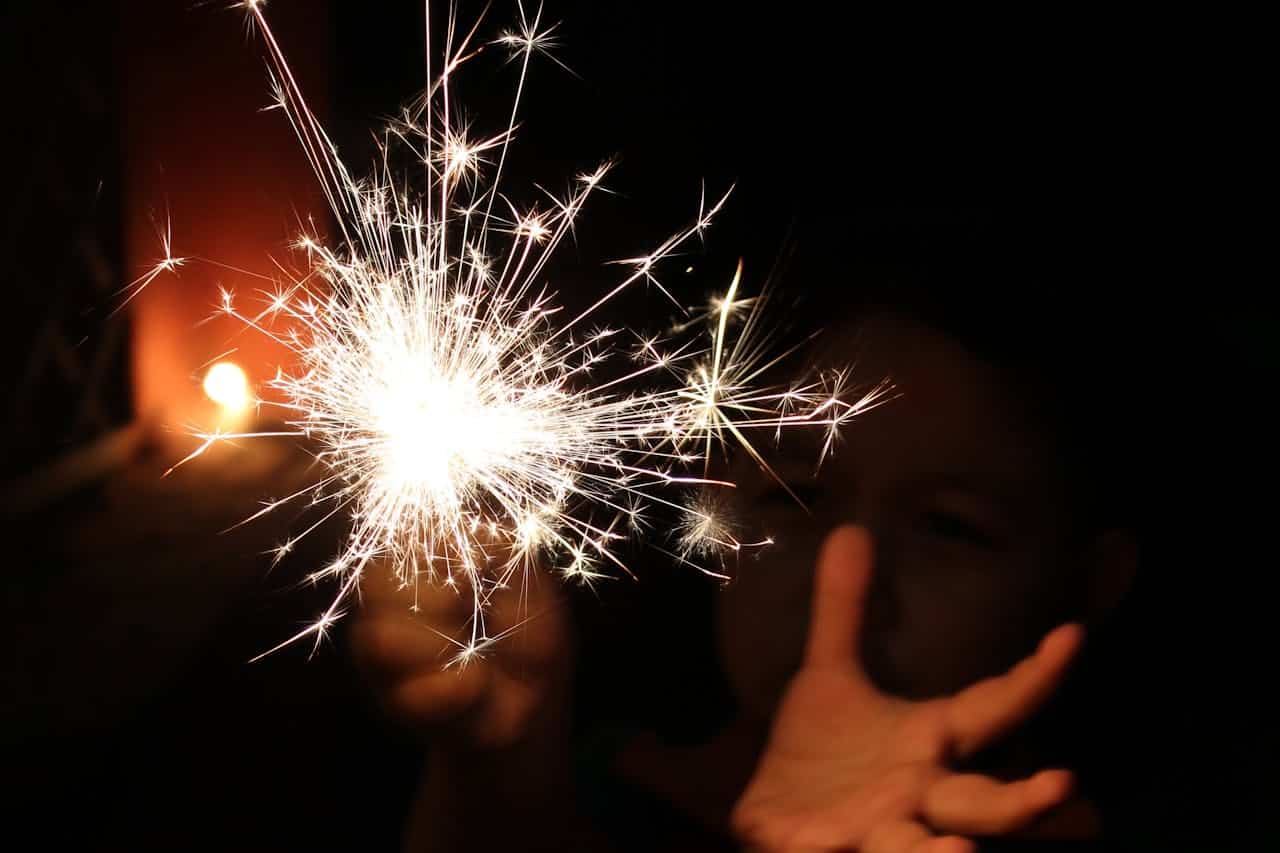
For families in Baltimore, MoveUp ABA is a trusted ABA agency that can provide personalized Applied Behavior Analysis (ABA) services. If you require support for individuals with autism spectrum disorder (ASD) and other related developmental conditions, MoveUp ABA is here to help.
Whether you seek advice on managing sensitivities or building coping mechanisms for public events like Independence Day, our team of experts offers valuable assistance to promote your child’s well-being in diverse settings. Contact us today!
Frequently Asked Questions
How can I make fireworks less distressing for my autistic child?
If you have a child with autism and are worried about fireworks, consider getting noise-canceling headphones to reduce the noise. You can also enjoy the fireworks from a distance or indoors to create an environment that helps prevent overload for your child.
What is some autism-friendly activities for the 4th of July?
On Independence Day, you can partake in autism activities, such as hosting a barbecue with your family at home. Another option is to watch the fireworks from a comfortable spot or participate in events tailored to individuals with autism that cater to their needs.

